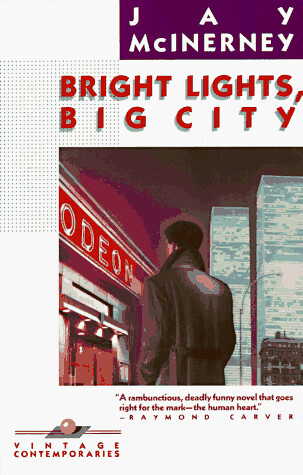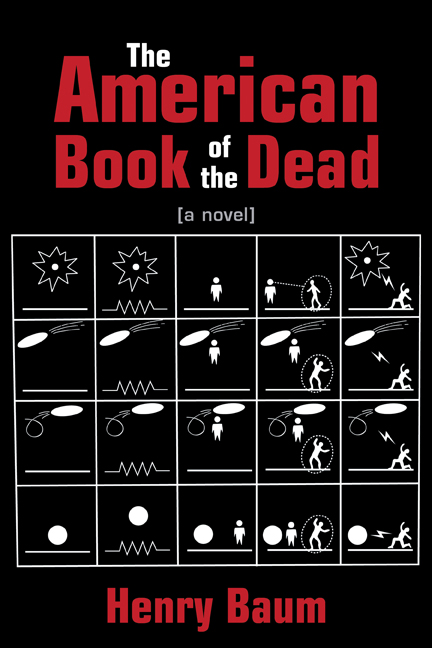Like most people who are against God he equates God and religion and they’re separate. Because religion is so backwards (see last post) God doesn’t exist. Because stories in the Bible (Noah’s flood, Moses floating upstream as a baby) have occurred in older Mesopotamian texts, it may discount the Bible’s accuracy, but it still speaks of a mythic archetype—there’s some reason, beyond plagiarism, why these specific myths are repeated. It is curious—and scary—that so many religions mention Armageddon, having been developed completely independently. It speaks of Huxley’s Perennial Philosophy—all myths and religions are describing the same thing, in a myriad of different ways, but they’re getting at a fundamental truth. Science isn’t the only answer—it’s one part of the equation. As it stands, science is another type of religion—something people believe in too absolutely. Basically, Dawkins is a materialist who thinks everything originates in the brain, it’s all chemistry. Maybe he’d feel differently if he took some DMT. I haven’t, but damn it sounds interesting.
In other news, I haven’t written about politics in a while. Isn’t Bush an unpopular President? Would it be so hard for Democrats to oppose the torture amendment? It will not make them look weak on terrorism. This makes them look weak to fight anything. People hate Bush and what he’s doing. The Intelligence community is against him. Generals are against him. The U.N. is against him. But he still gets his bill for people with “bad ideas” to be detained indefinitely with no proof. Fuck the political process. It’s run by half people. I recently quoted this to someone who’s pro-right in the face of terrorism--from The Sun Also Rises, also the epigraph to Bright Lights, Big City. It describes what’s going on in this country:
“How did you go bankrupt?” Bill asked.
“Two ways,” Mike said. “Gradually and then suddenly.”
The cover of the book gives new meaning to that epigraph.



2 comments:
Debate and ambivalence over the embrace of the irrational (UFOs, etc) seems to be a theme on your site here. Here's my take on this:
Any person working in the arts that is interested in the human condition (as opposed to post-modern sorts of concerns) must of necessity embrace the irrational. The humanistic pursuit of art is implicitly informed by the belief in love, in justice, in redemption, in justice, in art itself - even in God.
There is no rational basis for these beliefs - we are born into them, and, deep down, can never really reason our way out of them.
For the sake of honesty in art, we must embrace whatever irrational obsessions we are drawn to. I have long been a fan of the Bible - particularly the Old Testament. I find that even OUTSIDE of the historical context in which it was written (Jews in exile, etc), it is brimming with poetic, existential meaning.
That being said, I do not agree with the "atheism is the same as religious fundamentalism" argument that you present here. There is a basic internal fallacy vis-a-vis the scientific method and blah blah blah--
But rationality is beside the point. If anyone, as an artist, want to embrace the irrational, it is their absolute right - maybe even their duty. They are under no obligation to justify it on any terms but their own.
The political side of this is another matter entirely, and speaks to the politics vs. art thing, but this has been long-winded enough.
Take care!
Thanks for this comment. The atheism argument is that it is as impossible to prove the non-existence of God as it is to prove the existence of God. I would say also that it's as irrational to not believe in UFOs as it is to believe in them. Art is about transcending reality, uncovering what we don't see. It seems difficult to get at that if you don't believe in any kind of transcendence.
Post a Comment